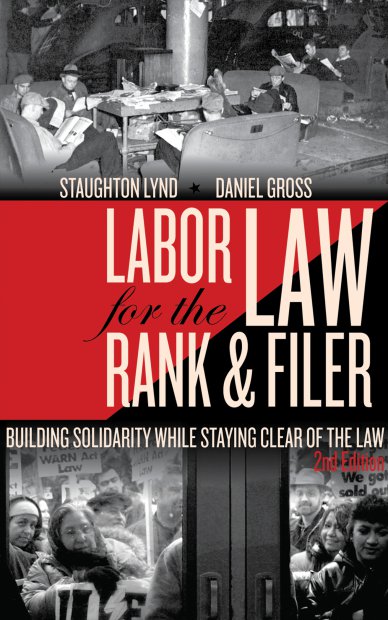The Importance of Labor Law in Protecting Workers’ Rights

Introduction
Labor law serves as the foundation for protecting workers’ rights, ensuring fair wages, safe working conditions, and preventing workplace discrimination. As the workforce evolves due to globalization and technological advancements, labor laws must adapt to new challenges while maintaining fairness and equity in employment.
Understanding Labor Law
Labor law consists of regulations that govern the relationship between employers, employees, and labor unions. It aims to balance the interests of both workers and employers, ensuring a just and productive work environment.
1. Key Principles of Labor Law
Several essential principles shape labor regulations worldwide:
- Right to Fair Compensation: Ensuring minimum wages and overtime pay.
- Workplace Safety Standards: Implementing regulations to prevent occupational hazards.
- Non-Discrimination Policies: Prohibiting workplace bias based on gender, race, or disability.
- Right to Collective Bargaining: Allowing workers to negotiate terms through unions.
- Protection Against Unfair Dismissal: Preventing arbitrary termination of employment.
2. Major Labor Laws and Regulations
Various national and international labor laws play a crucial role in workforce protection, such as:
- The Fair Labor Standards Act (FLSA): Establishes minimum wage, overtime, and child labor laws in the U.S.
- The Occupational Safety and Health Act (OSHA): Ensures safe and healthy working conditions.
- The International Labour Organization (ILO) Conventions: Sets global labor standards.
- The Equal Employment Opportunity Laws: Prevent discrimination in hiring and promotions.
Contemporary Challenges in Labor Law
Despite advancements, the modern workforce faces several labor law challenges:
- Gig Economy and Worker Classification: Defining employment status for freelancers and gig workers.
- Remote Work Regulations: Ensuring fair treatment and work-life balance in digital employment.
- Automation and Job Security: Addressing workforce displacement due to artificial intelligence and robotics.
- Global Supply Chain Ethics: Holding multinational corporations accountable for fair labor practices.
- Workplace Harassment and Inclusion: Strengthening protections against harassment and promoting diversity.
The Future of Labor Law
To address emerging labor issues, future labor law reforms should focus on:
- Strengthening Gig Worker Protections: Providing benefits and security for non-traditional employees.
- Adapting to Technological Changes: Regulating AI-driven employment decisions.
- Enhancing Workplace Equality Measures: Closing gender pay gaps and improving inclusivity.
- Promoting Work-Life Balance Policies: Implementing flexible work hours and paid leave rights.
Conclusion
Labor law remains a crucial mechanism for maintaining fair and just employment practices. As the world of work changes, continuous legal updates and enforcement are essential to ensure workers’ rights and workplace equity for future generations.




Leave a Reply